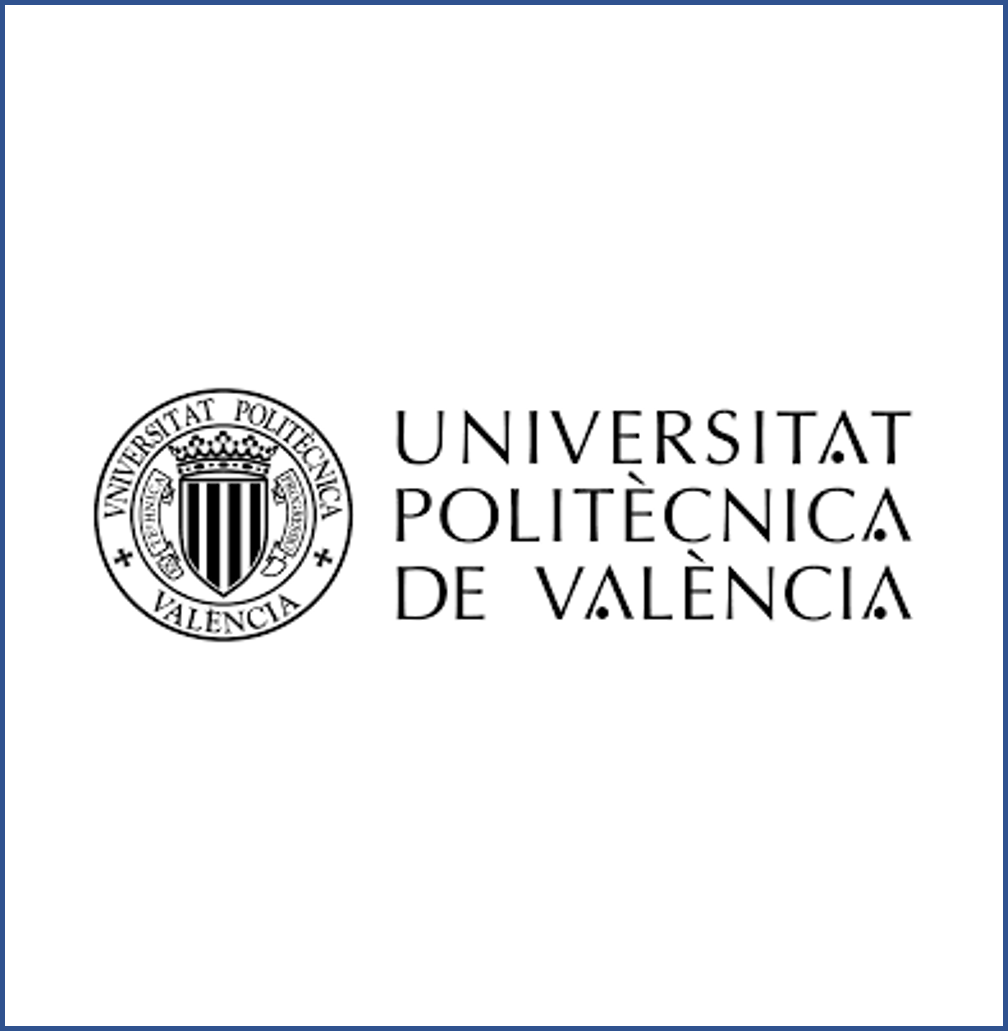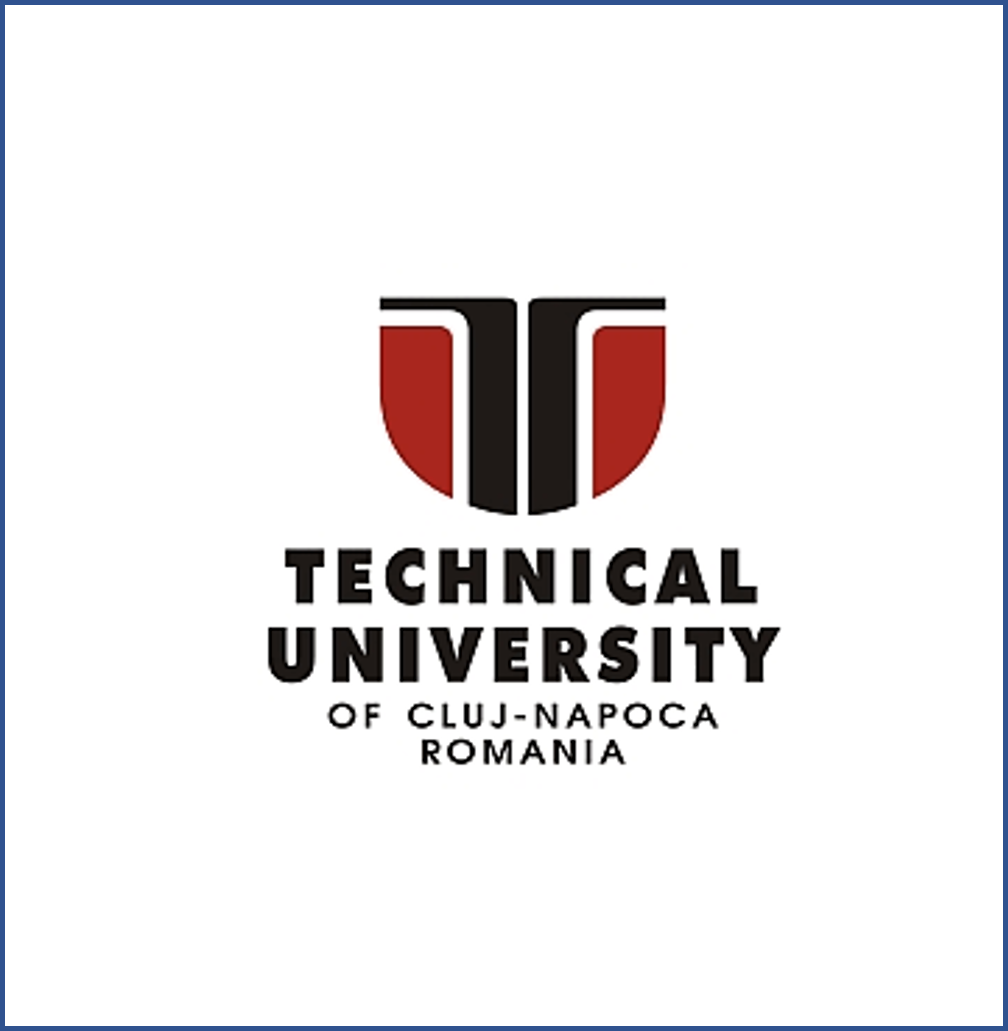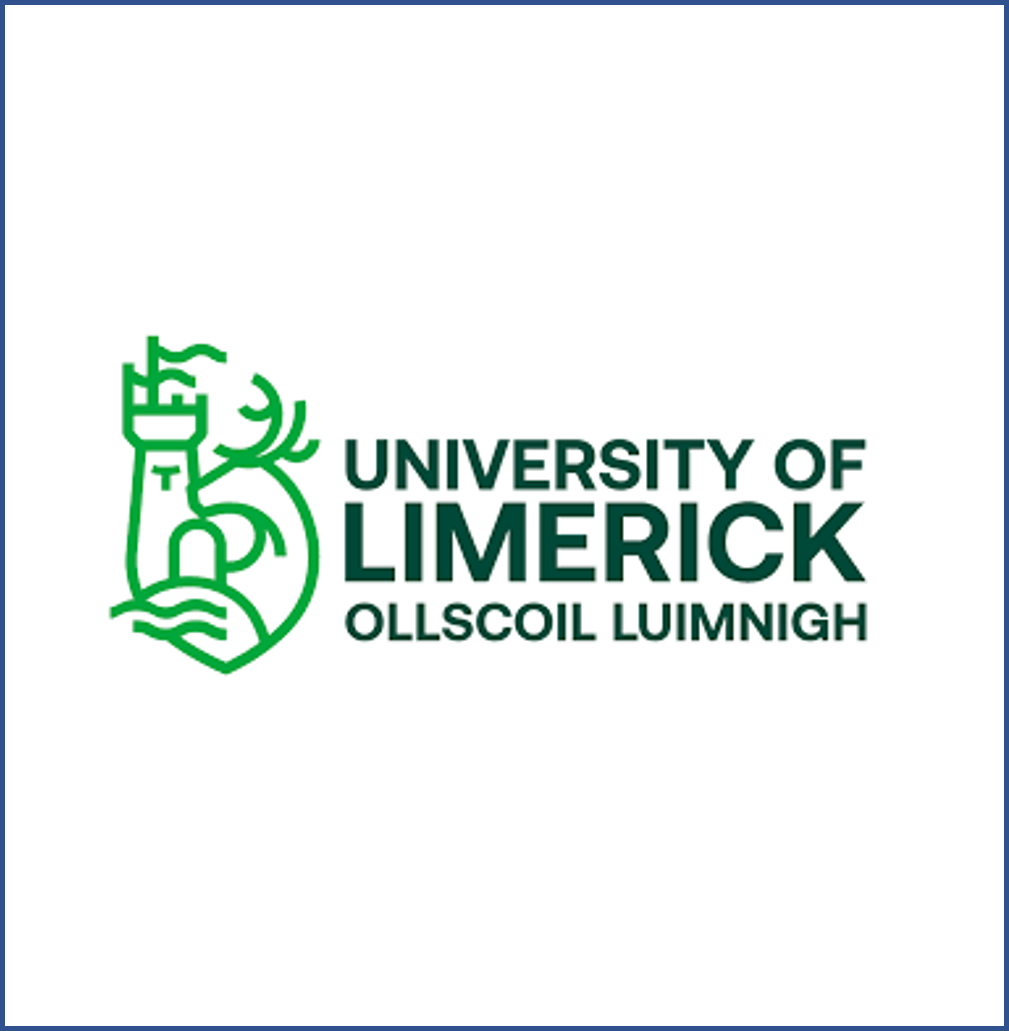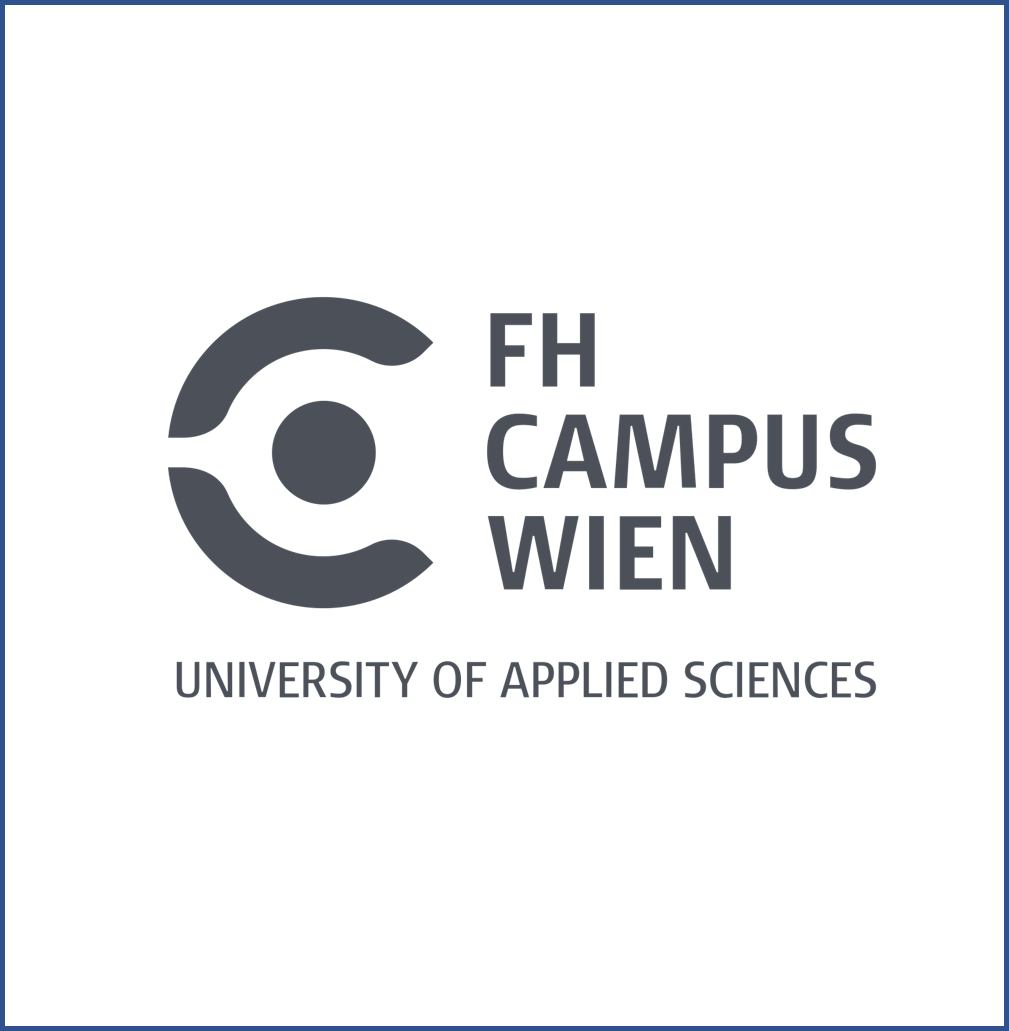Sara Blanc
Universitat Politechnica di ValenciaSchool of Informatics; Department of Computer Engineering;
Camino de Vera s/n;
Valencia 46022;
Spain.
Virtual courses and experiments will be taught during webinars by teachers from partner universities.
students will collaborate in designing electronic circuits with colleagues from other 3 partner universities
students will implement their projects at Universitat Politècnica de València in a summer camp, in July 2023
DIG-SENSING is an Erasmus Blended Intensive Programme (BIP) with the main objective to promote learning in digital circuit design and basics microcontroller coding.
This project is aimed at first- and second-year computer science, computer engineering, electronic engineering, robotics, informatics students, and similar. The objective is to increase the motivation of our students in electronic circuits through simple projects that integrate the design of electronic circuits and the programming of microcontrollers. In addition, these projects will have a socio-environmental orientation, bringing computing closer to the identification of practical solutions to proposed challenges.
The BIP aims to:
• Motivate students in learning electronics and embedded circuits.
• Create a blended learning environment, in a format that allows our students to meet people from other European countries
• Create an inclusive, democratic and participatory virtual learning space.
• Establish new inter-university synergies in learning and teaching.
from 4 universities:
In this project, the participating students must face a challenge that brings Information and Communication Technologies closer to socio-environmental problems.

The project has three stages:
The projects are open and will be supervised by the professor responsible for each university. The project consists of designing a prototype to sensorize some type of parameter or parameters in response to a socio-environmental problem. Projects must meet certain conditions:
Students will contact the project coordinator from each partner university

School of Informatics; Department of Computer Engineering;
Camino de Vera s/n;
Valencia 46022;
Spain.

Faculty of Electrical Engineering
400027 Cluj-Napoca,
26-28 Baritiu str.,
Romania

Department of Electronic and Computer Engineering;
Faculty of Science and Engineering;
Ireland

FH Campus Wien
Department Engineering
Favoritenstraße 226,
Raum B.3.21a;
1100 Wien, Austria